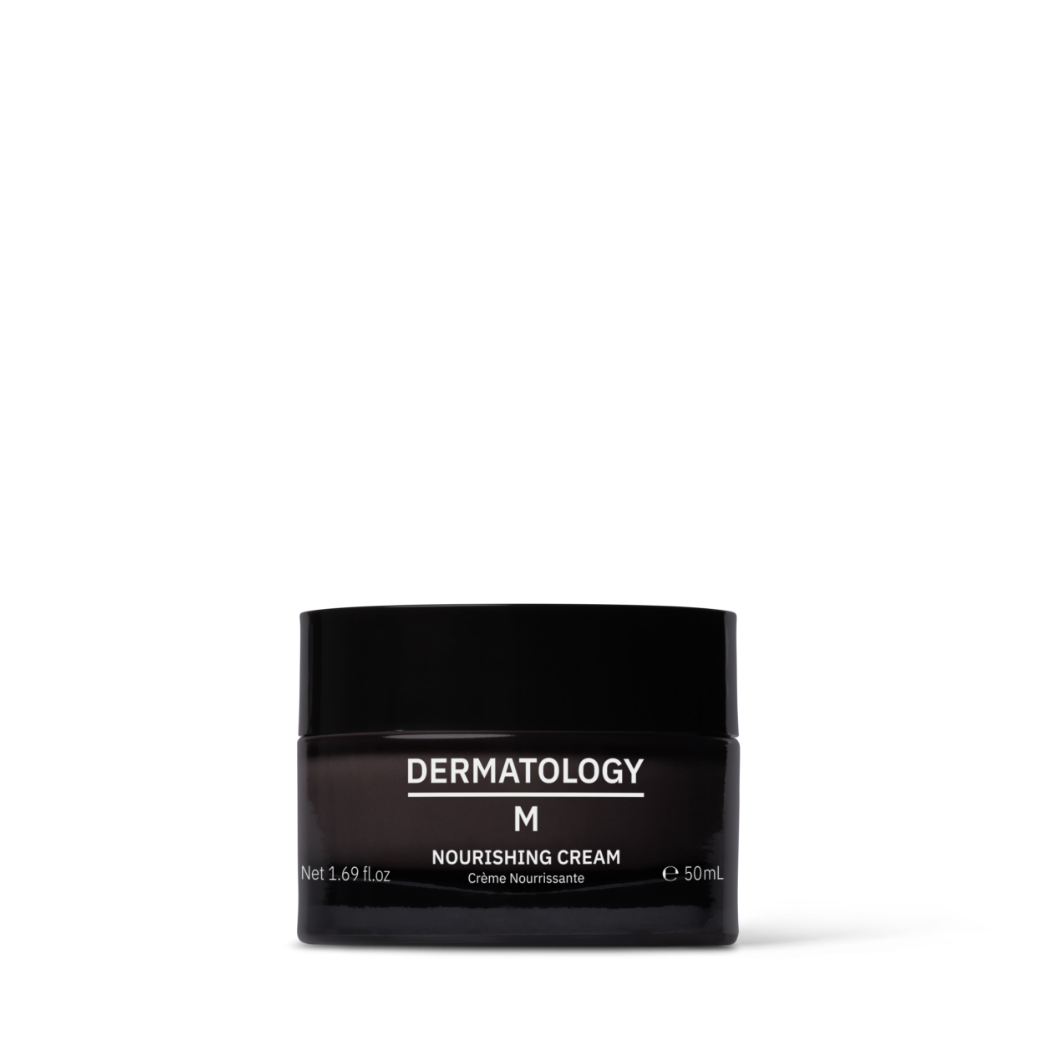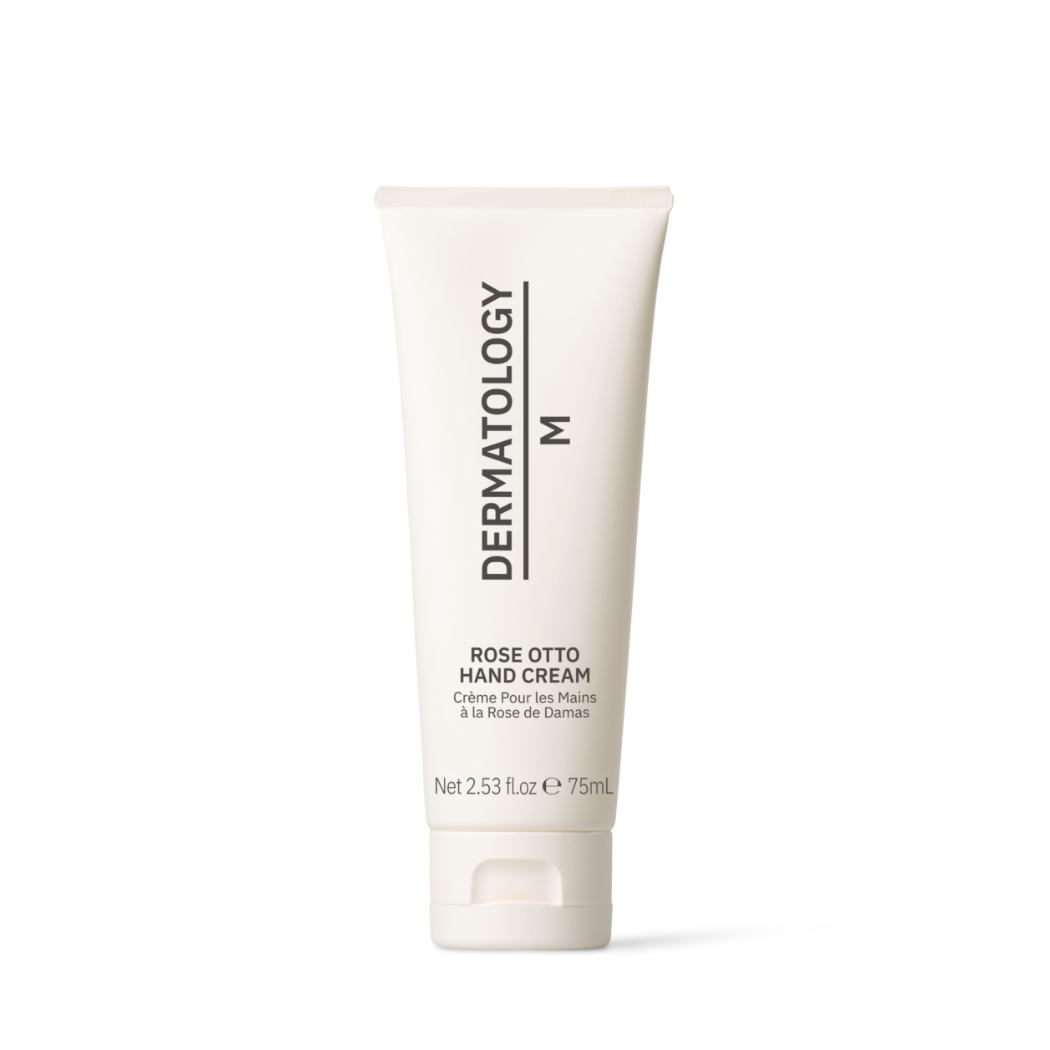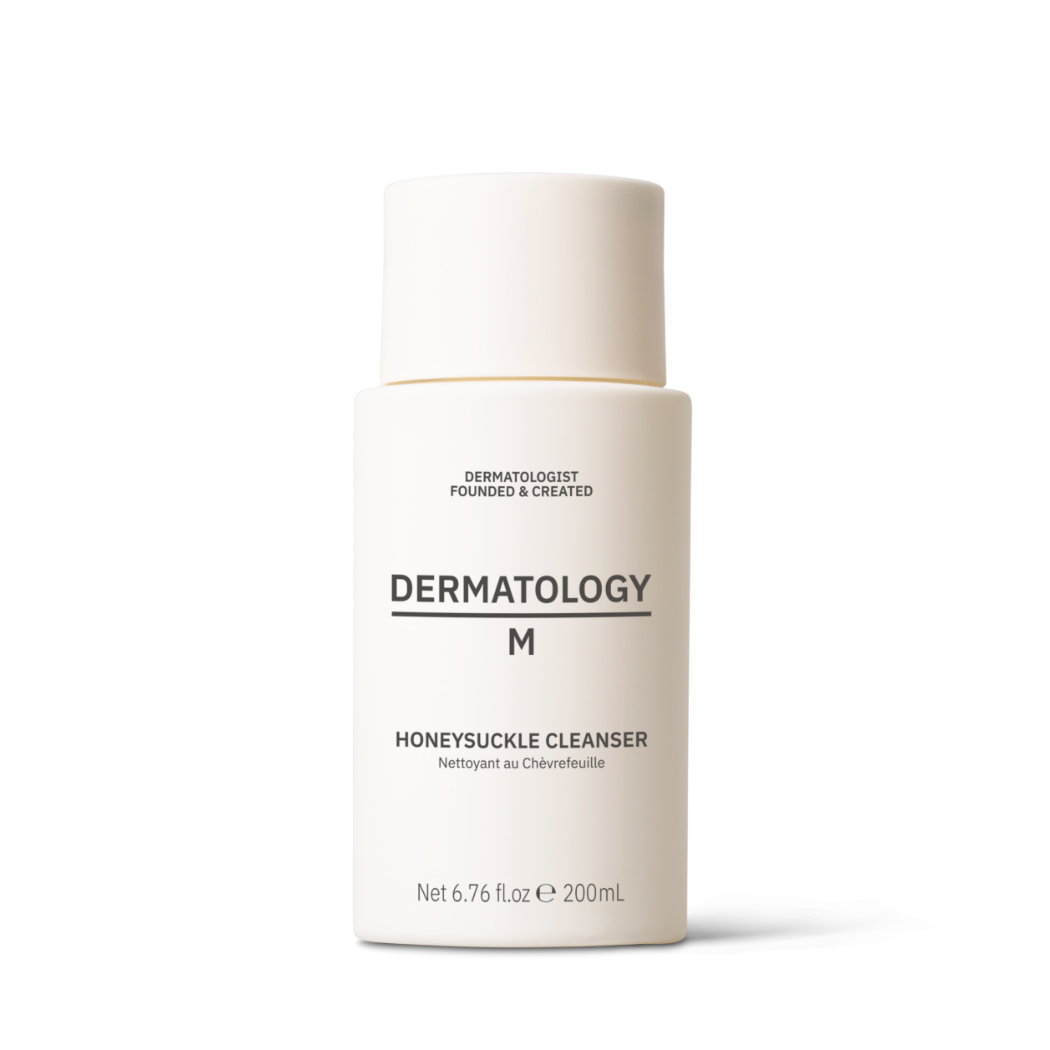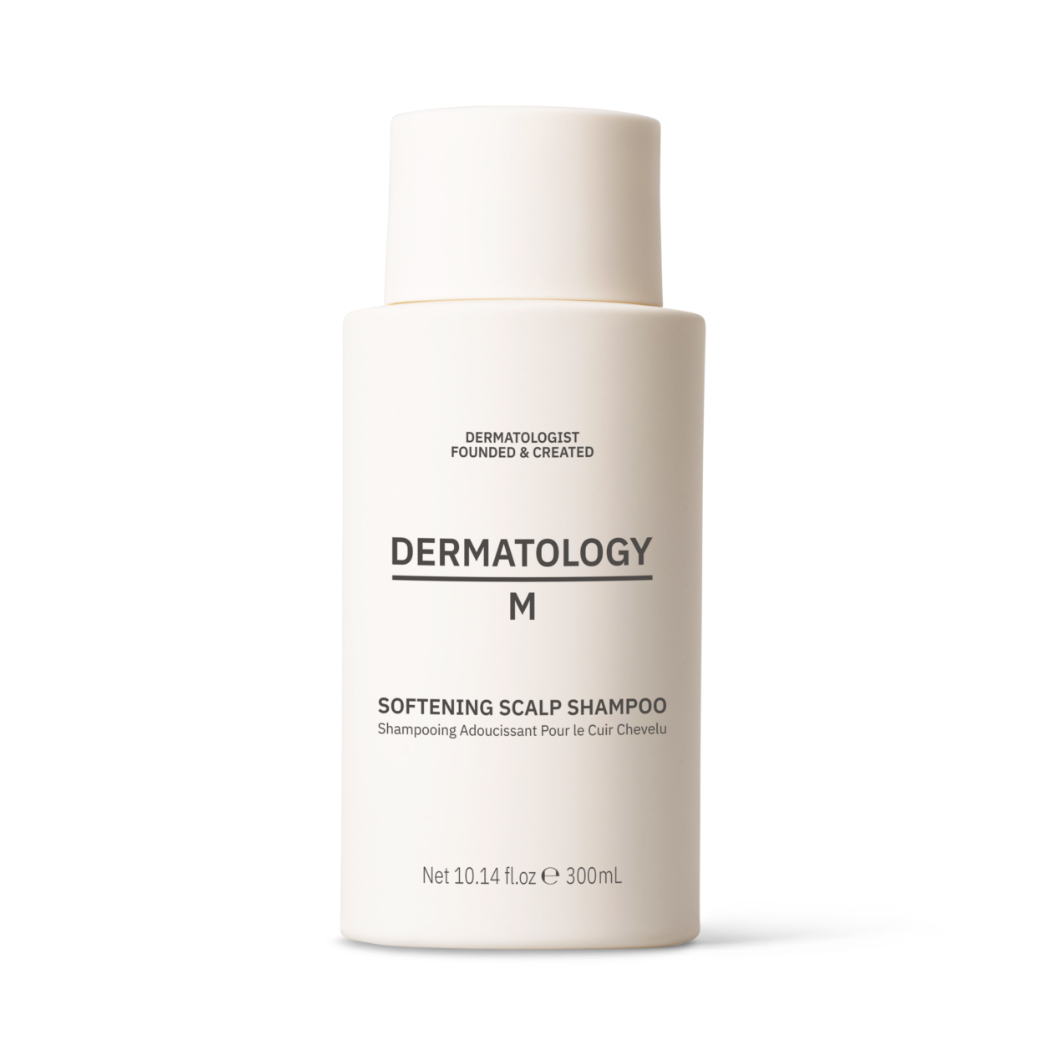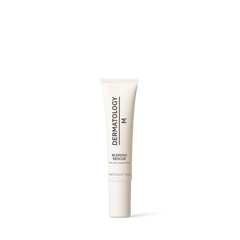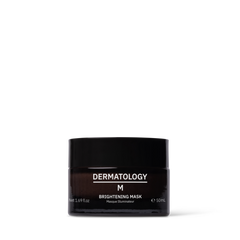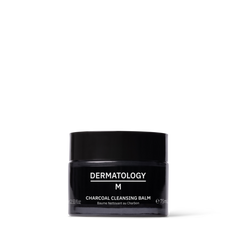Spots, or breakouts, are a frustration for many, but for those plagued by persistent and widespread acne, the toll goes far beyond skin deep. Those among you who have struggled, or still struggle, with acne will more than likely have heard of Roaccutane.
Roaccutane cream is hailed as a ‘miracle cure’ for acne, promising life-changing results in as little as 7-10 days (though it does need to be taken for up to a year). However, there are reports of serious physical and emotional side effects that need to be considered before you begin a prescription.
Here we summarise what Roaccutane is and why its side-effects have caused such controversy. If you are interested in a natural alternative, we then outline the clinical success our founder, dermatologist Mazin Al Khafaji, has had weaning patients off Roaccutane. By understanding the underlying causes of acne as the first step, then using effective ingredients rooted in Traditional Chinese Herbal Medicine that work with the body, rather than against it, we have seen great success in treating acne naturally.
What is Roaccutane?
Roaccutane is a biomedical drug - the oral tablet form of Isotretinoin. It’s a form of retinoid and an anti-inflammatory derived from Vitamin A, prescribed only to severe acne cases where antibiotics and other medicines have proven unsuccessful. It claims to successfully treat 95% of acne cases, most of whom never suffer again.
How does Roaccutane work?
Roaccutane is a biomedical drug – the oral tablet form of Isotretinoin. It is a form of retinoid and an anti-inflammatory derived from Vitamin A, prescribed only to severe acne cases where antibiotics and other medicines have proven unsuccessful. It claims to successfully treat 95% of acne cases, most of whom never suffer again.
Why is Roaccutane so controversial?
Quite simply, the effects of Roaccutane are far from pleasant. Common ones include recurring nosebleeds; very dry, fragile and hypersensitive skin and lips; dry eyes and throat; head and muscle aches; and sun sensitivity. What’s more, as Roaccutane increases the risk of liver inflammation and elevated cholesterol, patients that are prescribed Roaccutane require regular blood and cholesterol tests during therapy.
In fewer cases (the NHS reports these as <1 in 1,000) side effects are more serious. The list includes frequent infections, persistent diarrhoea and sickness, kidney problems, erectile dysfunction, loss of libido, miscarriage, premature labour, congenital disabilities, mental depression, psychosis and even increased chance of suicide to the extent that Roaccutane is prescribed with warnings about the onset of depressive and suicidal behaviour.
“In treating any disease, it is important to always weigh up the risk vs benefit of any intervention. For a condition like acne, it is worth treating it conservatively before contemplating such a problematic drug.” Mazin Al Khafaji, Dermatology M Founder
What is TCM’s alternative to Roaccutane?
While Roaccutane may be effective at treating acne in the short term, alternatives that successfully restore a stable state of equilibrium to the body mean acne will resolve without the risk of any long-term side effects.
One of Traditional Chinese Medicine’s greatest strengths is an inherent understanding of the body as a whole. The belief that true skin healing comes from within and the internal, as well as the topical herbal formulas stemming from it, treat the interconnection of the body’s systems. As a result, Chinese Herbal Medicines are some of the most effective acne treatment tools. What’s more, they are safe and have little or no side effects when prescribed by a qualified TCM practitioner.
Traditional Chinese Medicine views acne as ‘heat’ in the lung and stomach meridians which rise up to the face; or as ‘dampness’ caused by too much cold, oily or processed food and dairy, which prevents the body from effectively transporting and transforming nutrients.
Using a combination of internal Chinese herbal medicine and topical formulas, Mazin has had great success treating acne naturally. As herbal prescriptions are personalised, our Dermatology M products focus on the key Chinese herbs for topical acne skin care .
Natural TCM alternatives to Roaccutane
-
Jin Yin Hua | Honeysuckle
A natural antioxidant, antimicrobial and anti-inflammatory, Honeysuckle helps clear damp-heat and trapped toxins in the outer skin layers. The result? It soothes both breakouts and the itch associated with acne as well as fighting free radical damage. Find Jin Yin Hua in our Honeysuckle Cleanser.
-
Gan Cao | Licorice Root
Licorice Root works powerfully and naturally to restore skin harmony. In harmonising Qi, it helps eliminate toxins and balance skin while its in-built glabridin compounds fight UV-damage and diminish the appearance of post-acne pigmentation or dark spots. Find Gan Cao in our Honeysuckle Cleanser and Blemish Rescue Mask.
-
Huang Bai | Amur Cork
Rich in antifungal properties, Amur Cork helps clear the heat and dry the dampness of persistent acne, eliminate toxins and improve skin clarity. Find Huang Bai in Overnight Blemish Rescue and Blemish Rescue Mask.
-
Hong Hua | Safflower
Reassuringly non-comedogenic and a natural anti-inflammatory, Safflower’s prized circulation-boosting and pain-relieving properties help unclog pores, ease the soreness and severity of acne, and aid healing by moving stagnant blood. What’s more, this herbal active is renowned for helping soothe eczema, which may have been triggered by acne treatments like Roaccutane. Find Hong Hua in Overnight Blemish Rescue.
-
Huang Qin | Skullcap
A powerful antioxidant, anti-inflammatory and antifungal, plus naturally rich in flavonoids and bioactive elements, Skullcap helps dry dampness, clear heat, eliminate acne toxins and brighten skin. Find Huang Qin in Blemish Rescue Mask.
-
Dong Quai | Angelica
Chinese Angelica Root is well-known as a potent anti-acne and age-defying herb. Rich in antioxidants and polysaccharides, it helps boost blood and Qi circulation, promote healing, stimulate collagen synthesis and leave skin nourished and rejuvenated. Find Dong Quai in Blemish Rescue Mask.
-
Tea Tree
Due to its anti-inflammatory and antimicrobial properties, Tea Tree has long been used to quickly promote healing and soothe mild-to-moderate acne breakouts. Find Tea Tree in Blemish Rescue.
-
Ji Xue Cao | Centella Asiatica
Renowned for its healing properties and anti-inflammatory qualities, Centella Asiatica has a long history of use in Chinese Herbal Medicine for helping clear skin toxins and soothe acne flare-ups. What’s more, this herbal active helps stimulate skin microcirculation, which can help even skin tone affected by post-acne hyperpigmentation. Find Ji Xue Cao in Blemish Rescue Face Cream.
-
Huang Lian | Japanese Goldthread
A known anti-inflammatory, antioxidant and antimicrobial herb, Japanese Goldthread Extract helps clear heat, dry dampness and alleviate acne toxins. Find Huang Lian in Overnight Blemish Rescue.
-
Da Huang | Chinese Rhubarb
The root of Chinese Rhubarb possesses antiseptic, antibacterial and astringent properties, making it ideal for helping clear the toxins and heat associated with acne while helping neutralise the bacteria causing it. Find Da Huang in Overnight Blemish Rescue.
-
Liu Huang | Sulphur
A staple herbal active in natural medicine, Sulphur’s antimicrobial, anti-inflammatory and antibacterial properties have been used for centuries to help treat acne. Effective yet gentle on skin, Sulphur helps balance excess oil (sebum) that may contribute to breakouts; this drying action also preventing dead skin cells from blocking pores. Find Liu Huang in Overnight Blemish Rescue.
“I had beautiful skin as a teenager. But, when I was 32, I started getting horrible, painful spots on my chin and neck. Antibiotics had no effect at all. The pill did help a bit, but I kept getting spots. I just got more depressed until a friend told me about Mazin. To my delight, my skin improved. Now, about 6 months after I started, my skin is like it was when I was a teenager. I can't thank Mazin enough!” CH, Avicenna Clinic client
Shop our acne and oil control products, or find out more about what causes acne and how to manage acne and scarring. Or, to speak with one of our specialists on how best to manage your acne, contact us here.
